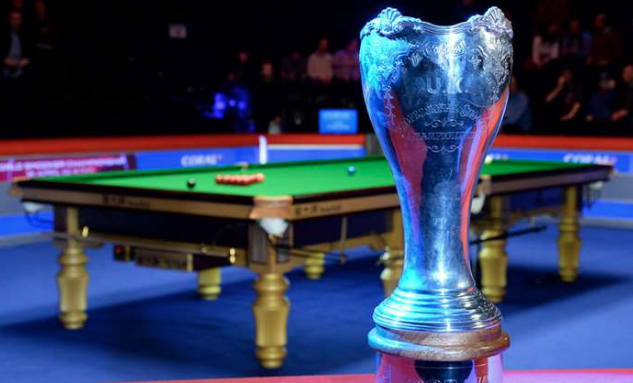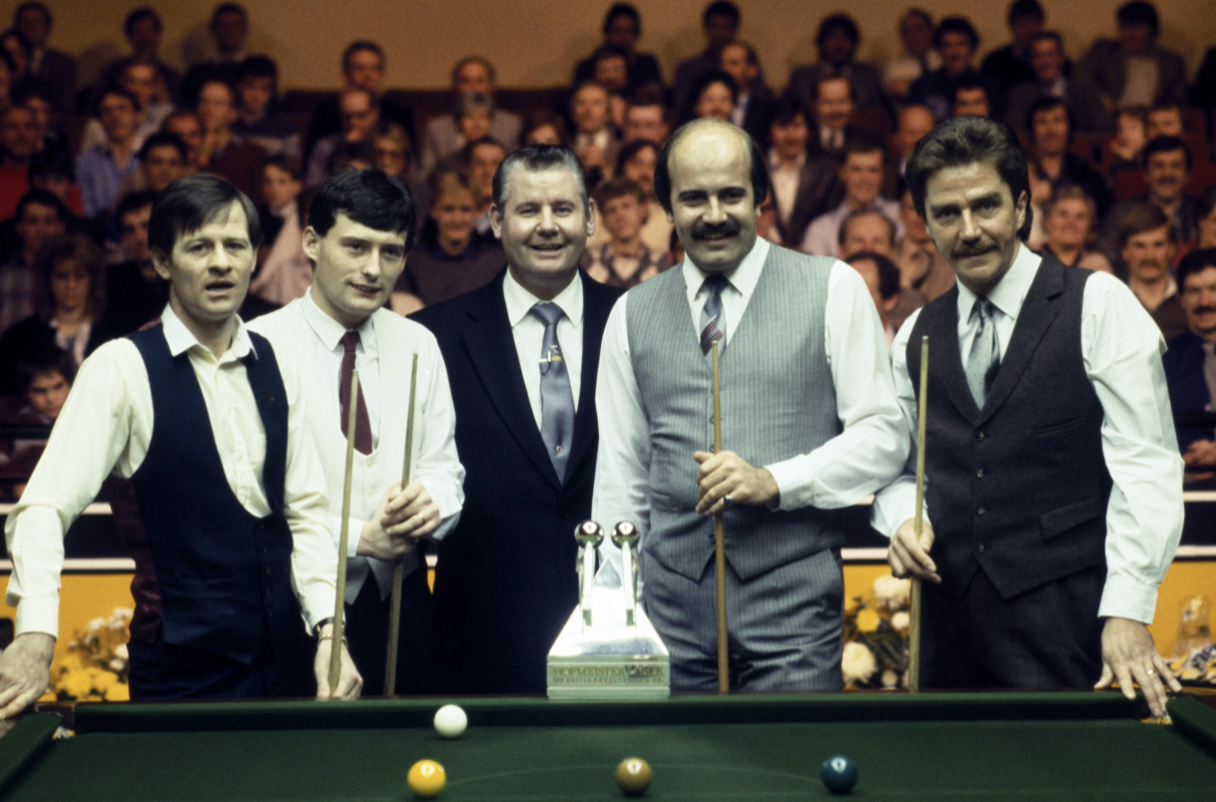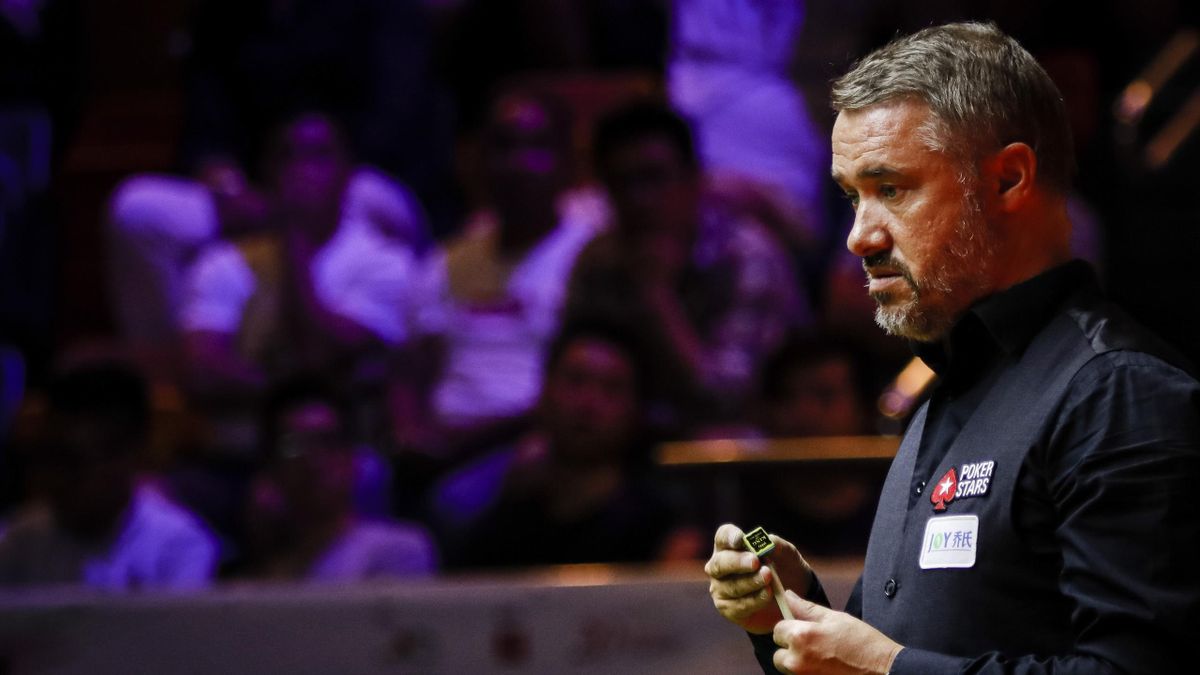Introduction
After (only) eight ranking events, we have hit the biggest tournament of the season so far – the first Triple Crown event: The UK Championship.
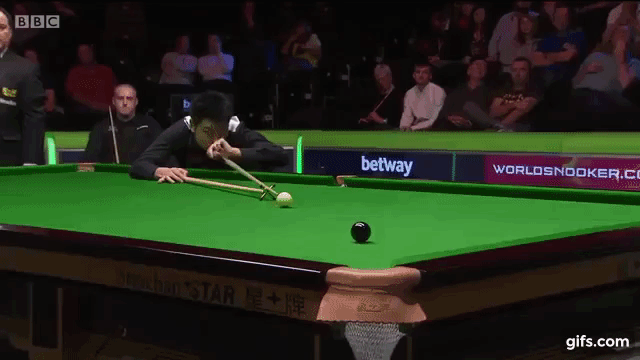
This is the event of a fantastic reputation. It was born in Blackpool, where Irishman Patsy Fagan beat Doug Mountjoy 12-9 to win the first UK Championship in 1977. After the likes Mountjoy, Alex Higgins, John Virgo, and Steve Davis won it, the event became a fully-fledged ranking event in 1984. Since then, talented and legendary individuals clasped their hands on that trophy as the UK Championship traveled from Blackpool to Preston, then to Bournemouth, then York, then Telford and probably got bored and moved back to York again.
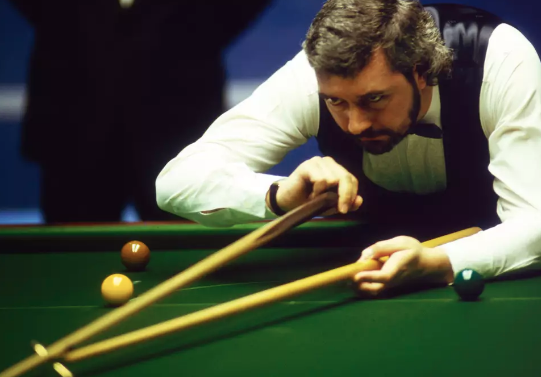
Change of Format
With such an illustrious list of winners and such an unforgiving format, this is an event of such prestige that should be protected at all costs. Then an accountant from Dagenham called Barry Hearn became chairman of the WPBSA and made some drastic changes.
- Since 1997, only the Top 16 automatically qualify for the event and for a very long time, all matches except the final were BO17s.
- In 2011, only the semi-final was the BO17s. All matches before then were the BO11s.
- In 2013, the entire structure was revamped. It changed to the flat draw which we know today, a 128-man structure were all players, whatever the ranking, will start. No qualifying rounds whatsoever.
- In 2014, BO11 matches replaced the BO17 semi-final.
The question is that whether this had any effect on the reputation of the UK Championship. Has it made the UK Championship better or worse? Or have the changes not made any difference to how fans and players see the event?
Reputation has gone down the pan
When the changes were first implemented in 2011, it did not go down well.
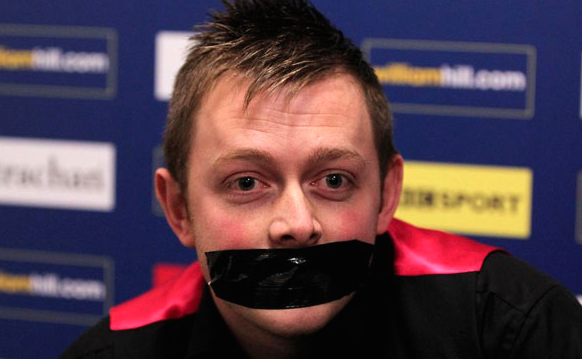
Mark Allen criticised Barry Hearn for making the changes in 2011, accusing him of turning snooker into darts as well as breaking its traditions. After relentless criticism, Allen taped himself up in protest while Barry Hearn called him a ‘silly little boy’ and said his comments cast a dark shadow over the event. It didn’t affect Allen’s performance. He reached his first Triple Crown final, Judd Trump beat him 10-8.
It also seemed Allen was not the only player unhappy when further changes were made. In 2013, the flat 128-man structure forces the elite players to play in the same round as the other players. More matches come at the expense of time and space, however, as the event became cramped, noisy and lacking in atmosphere (whatever that means). Even Judd Trump mentioned that “there used to be a lot of excitement and it seems a bit ruined…It feels like a circus, there is so much going on out there.”
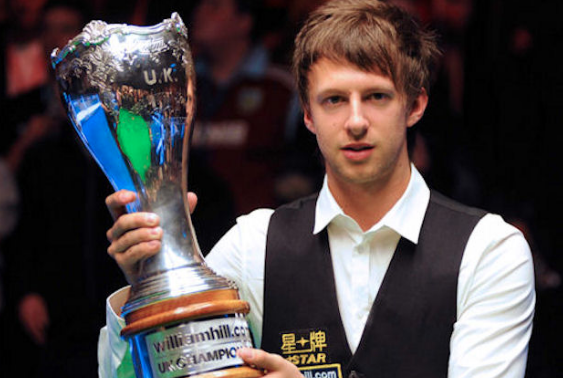
By making this a flat draw like almost every other ranking tournament, there’s no special, unique feeling anymore. Ronnie O’Sullivan is a strong critic of this. He says that he tends to enjoy tournaments with smaller numbers, who tend to be the best players or the most in-form and therefore there a special aura.
Are the Chinese events catching up?
In 2014, the BO17s were no more. We haven’t seen that sort of match since. Yet we do see the International Championship implement this match as a semi-final. In 2018, the China Open had a huge makeover, where the semi-finals became BO19s and the final a BO21 match. The total prize fund was £1,000,000, the only snooker event other than the World Championship that reached the million pound mark. So the China Open has longer matches, more prize money and fewer players that make the event feel more significant. It’s not that much more than the International Championship – £775,000 compared to the 2018 UK Championship total prize fund of £850,000.
As a kid the anticipation for the UK Championship was imense it was different 2 session matches and 2 day 4 session final and over the years that has been eroded to the poin we are today where other chinese tournaments has superseded it in length of matches and prize money #sad
— E JONES (@wildey_1) November 19, 2018
You do wonder if over the next five years the China Open will feel like a Triple Crown event than the UK Championship. Are the top Chinese tournaments threatening the status of the UK Championships?
It’s still going strong
You can always tell that the UK Championship is still blossoming based on prize money alone. In 2010 & 2011, the total prize money was £625,000 compared to this year – an increase of 36%! The winner’s share increased from £100,000 to £170,000. Clearly, there is an ambition to keep the reputation of this tourney intact.

Of course, a snooker tournament can’t be successful just by throwing money at it. The quality of snooker needs to be phenomenal too, especially the finals. We’ve had a final with two of the best left-handed players between Judd Trump and Allen, where the Juddernaut won 10-8 in an exciting encounter. The next thriller came in 2014, where Ronnie O’Sullivan led 9-4 in the final, only for Trump to win five frames to force a decider before the Rocket sealed the victory. Lastly, there was the first UK Championship final between two finalists outside of the UK. Australia’s Neil Robertson took on China’s surprise package in Liang Wenbo and the title went to the Aussie, who won 10-5 in 2015. They rank among the best finals in its history and you can find some of them by clicking here.
Shocks galore!
Perhaps the flat draws have made the UK Championship better? You can argue so. There are more shocks! This is something that has happened a lot more regularly because of the flat draws. Biggest first-round shocks that come to mind are amateur Mitchell Travis winning against Marco Fu in 2013; defending champion Neil Robertson losing to then-amateur Peter Lines, and; last year Leo Fernandez knocked out Ding Junhui despite being 5-1 down.
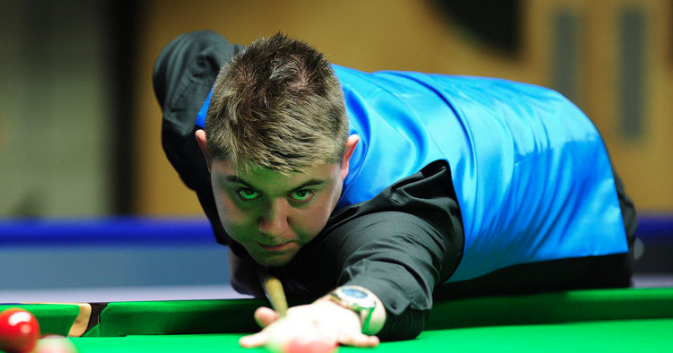
The draw also makes the UK Championship stand out from the other two Triple Crown events. The Top 16 automatically qualify for the final stages of the World Championship. Only the Top 16 qualify for the Masters. So why should they qualify for another major? Ken Doherty reiterated that the Top 16 had too much protection and believed that the current way is fairer. Why not make it more of a challenge? You have to beat the entire field to win a huge trophy!
Underdog stories are a must in big competitions. It conjures the magic of the event! Names in this bracket include Anthony McGill, Liang Wenbo, Sunny Akani and especially David Grace, who reached the 2015 semi-finals despite seeded as No. 80 in the world. That is the beauty of sport for these stories to come up? Would they happen under the previous format? Certainly unlikely. But is an event like this supposed to have all the best players in the world? Does that diminish it as a prestigious UK Championship? It’s a strange paradox.
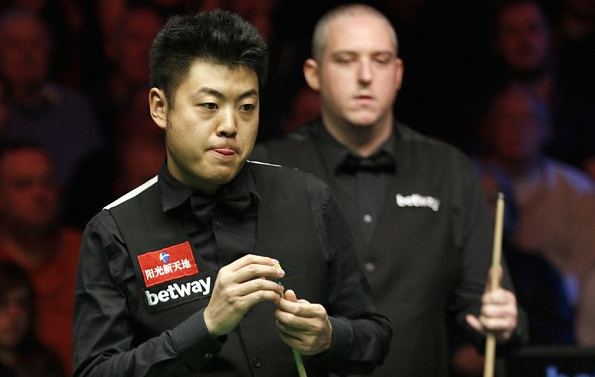
Conclusion
Honestly, I do think it has diminished. Not so that it shouldn’t be a Triple Crown event but it doesn’t feel as significant as it was. The format is exactly the same as the International Championship and I think most mainstream fans really care about the UK Championship when it reaches the Last 16. The only ones who would watch it are genuine snooker fans but is that enough to coax younger viewers in?
The great thing is that the UK Championship is still standing strong. It is exciting, controversial and there are a lot of positive stories of the event. We saw the lovely camaraderie between Ronnie O’Sullivan and Sunny Akani. Despite the changes, the UK Championship is still able to reproduce what it had before. There were great finals, high-quality snooker and a host of personalities and moments with money flying around.
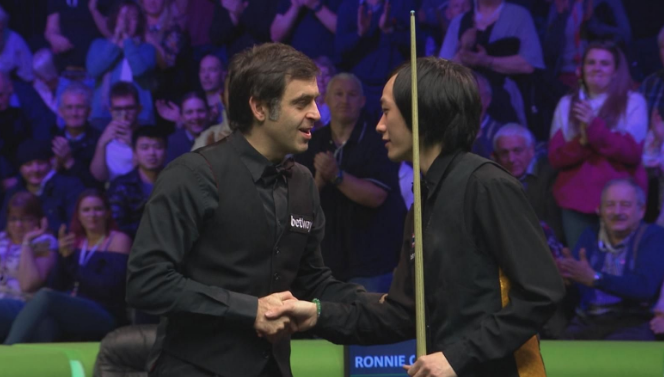
The main reason why I fear for its reputation is that of the rise of Chinese events. The China Open is rated higher in prize money and the number of frames you need to win it. I would bring back the BO17s back to the UK Championship because it provides the extra drama and the twists and turns. With a lot of events reduced to BO7s and BO9s, the BO17 will test players in endurance.
Therefore, it will give a chance for players who’s game is best in longer matches a chance. There are too many events where it suits short-term games, not for the likes of Graeme Dott, Alan McManus or Stuart Carrington, for example.

I do worry that the China Open will be more significant than the UK Championship in five years time. Will that actually be the case? I don’t know.

